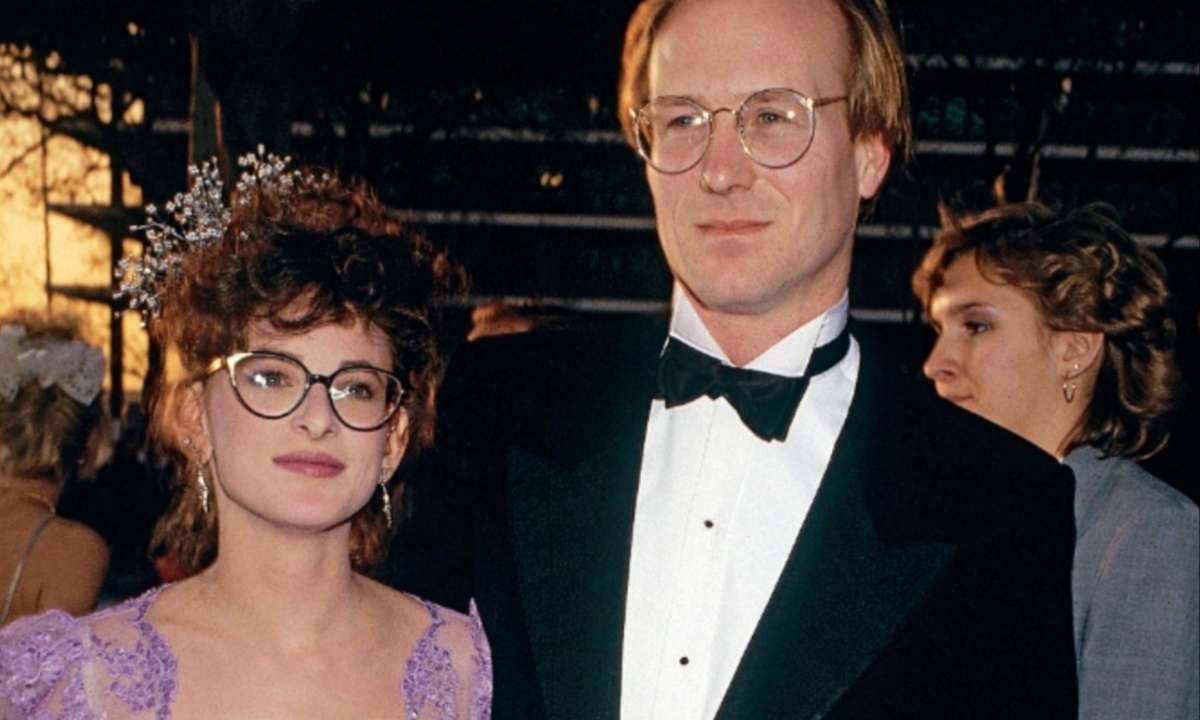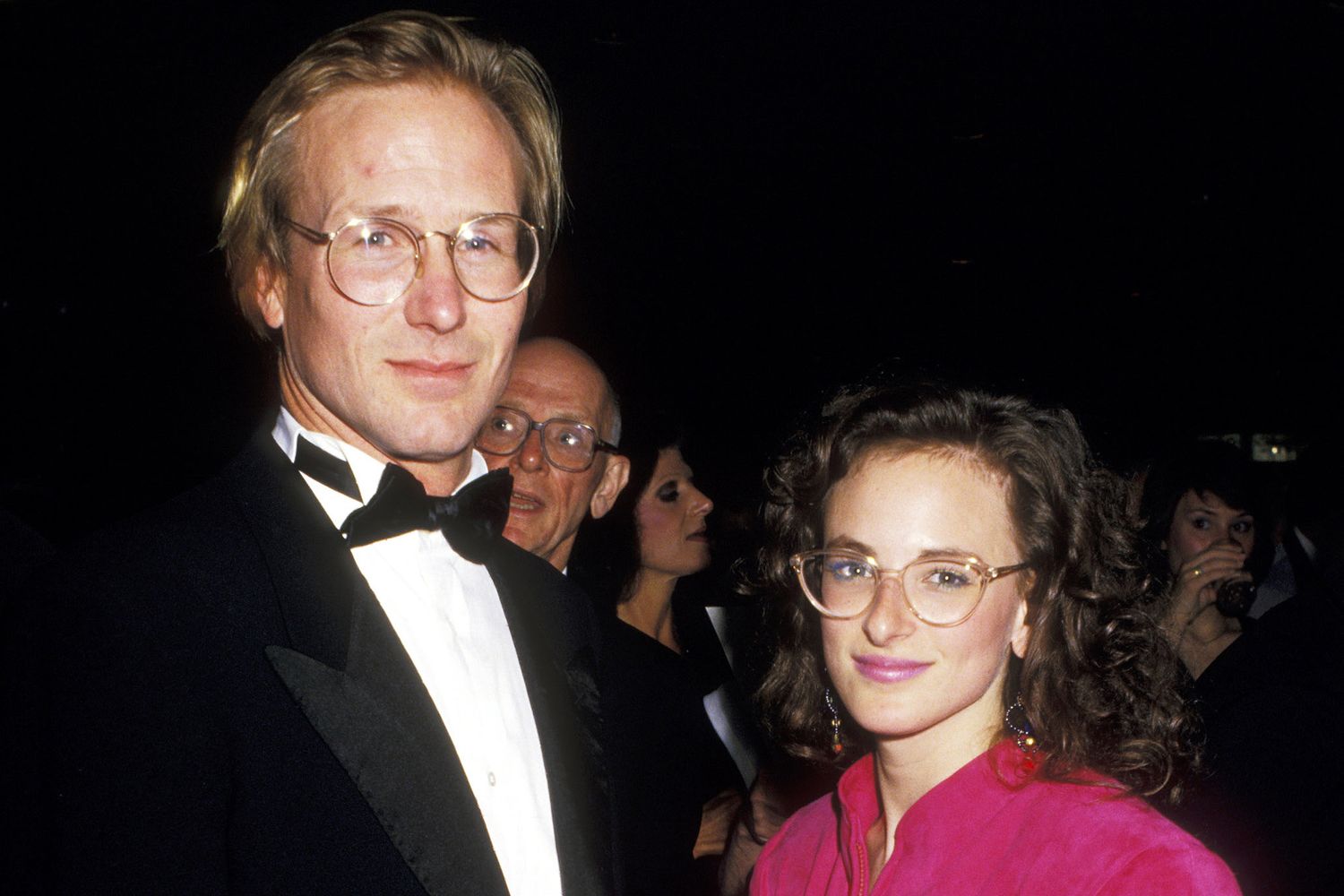Marlee Matlin revealed that the backlash to her 2009 allegations of abuse by William Hurt worsened following his death in 2022. In an interview with The Guardian, she explained that social media became a battleground where some people dismissed her past experiences, while others defended her. Despite the divisive commentary, Matlin chose not to engage further, recognizing the futility of trying to sway public opinion and the emotional toll it might exact. She stood firm in her identity, refusing to be redefined by others.
Oscar Glory Shadowed by Fear as Matlin Avoids Public Debate on Past Abuse
Matlin discussed her conscious decision to avoid participating in the online discourse, particularly during the time of her awards campaign for CODA in 2021. Her reluctance was based on past experiences of being ignored and not receiving support. She felt no obligation to satisfy critics or justify herself publicly. Instead, she observed the polarized reactions from a distance, noting how strangers debated her life as though they truly understood her.

Matlin and Hurt met while filming Children of a Lesser God, which catapulted Matlin to fame and earned her the Academy Award for Best Actress. However, behind the scenes, their relationship had already become abusive by the time of the 1987 Oscars. Matlin recalled feeling fearful as she approached the stage to receive her award, not due to nerves or awe of the moment, but out of apprehension about Hurt’s reaction. Despite presenting the award, Hurt’s demeanor was a source of anxiety for her.
Documentary and Rehab Reveal Deep Wounds, Empower Marlee Matlin to Share Her Truth
In her new documentary, Marlee Matlin: Not Alone Anymore, the actress revisits her history with Hurt and examines his 2009 response to her memoir. His statement expressed mutual apologies and personal growth, yet Matlin’s reflections suggest lingering trauma. She acknowledged that while he may have attempted to publicly take accountability, it didn’t erase the pain or the abuse she endured. The film offers a more personal lens on how those experiences shaped her journey.
Matlin also touches on her time in rehab, a step she took at Hurt’s suggestion. During her treatment, she began to fully understand the extent of the abuse she had suffered—physically, verbally, and emotionally. Rehab became a pivotal point in recognizing that her relationship was deeply damaging. This realization contributed to her eventual healing and empowered her to share her story more openly, despite the criticism and skepticism she later faced.


